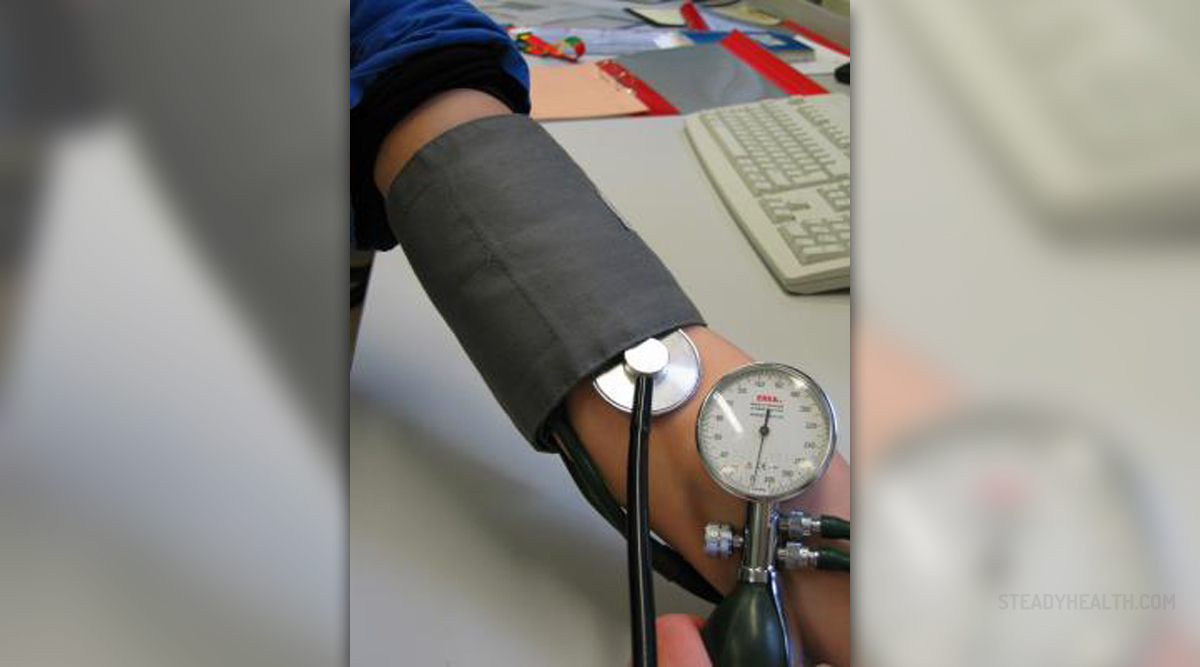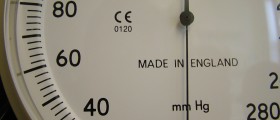
Blood Pressure
Maintaining the blood pressure on the normal level is thepresumption of a healthy and long life. Both men and women may experience seriousconsequences of the heightened blood pressure, such as heart attack, heartfailure, kidney failure or even a stroke.
Human heart pumps the blood about 60 to 70 times in oneminute, when the person is resting. That blood pressure, when the heart pumpsthe blood out from the heart and into the arteries is called systolic bloodpressure. In the resting phase, between the two heartbeats, there is still some(usually much lower) blood pressure than systolic and that is known as diastolicblood pressure.
American Heart Association considers 120/80mm Hg as thenormal blood pressure for women. If these values goes up a bit (up to 139/89mmHg, which is a condition called pre-hypertension), most doctors advise theirpatients to change their lifestyle. Blood pressure above 139/89mm Hg is usuallytreated with medications.
What Affects Blood Pressure in Women
It is normal that blood pressure oscillates during the day. Ifyou were to measure your blood pressure throughout 24 hours, you would noticethat it is at its lowest during the sleep, and that it increases when theperson gets up.
As already mentioned, lifestyle has certain effects on bloodpressure. Bad eating habits, lots of caffeine and smoking affect the conditionof the arteries and may lead to hypertension (high blood pressure). Sedentary lifestyleand a lack of physical activity, as well as the use of contraceptive pills canalso be the root cause of heightened blood pressure in women. Regular exerciseand low sodium diet are some of the first advices of many doctors, when thepatient is diagnosed with pre-hypertension state or hypertension.
Women were considered to be less likely to develophypertension than man. However, recent studies revealed that this fact is onlypartially true. Young women are found to be protected by high level of estrogenin their body, and they are less prone to high blood pressure. However, thisrule can’t be applied to older women, or those who smoke or use birth controlpills.
Pregnancy and aging are also important factors for bloodpressure in women. There is a condition known as pregnancy-induced high bloodpressure (or gestational hypertension), which might become serious conditionfor both mother and the unborn child, and pregnant women are regularly checkedfor that problem at their doctors. Additionally, in women after the age of 50,there is a 50% chance to develop hypertension.

















Your thoughts on this
Loading...